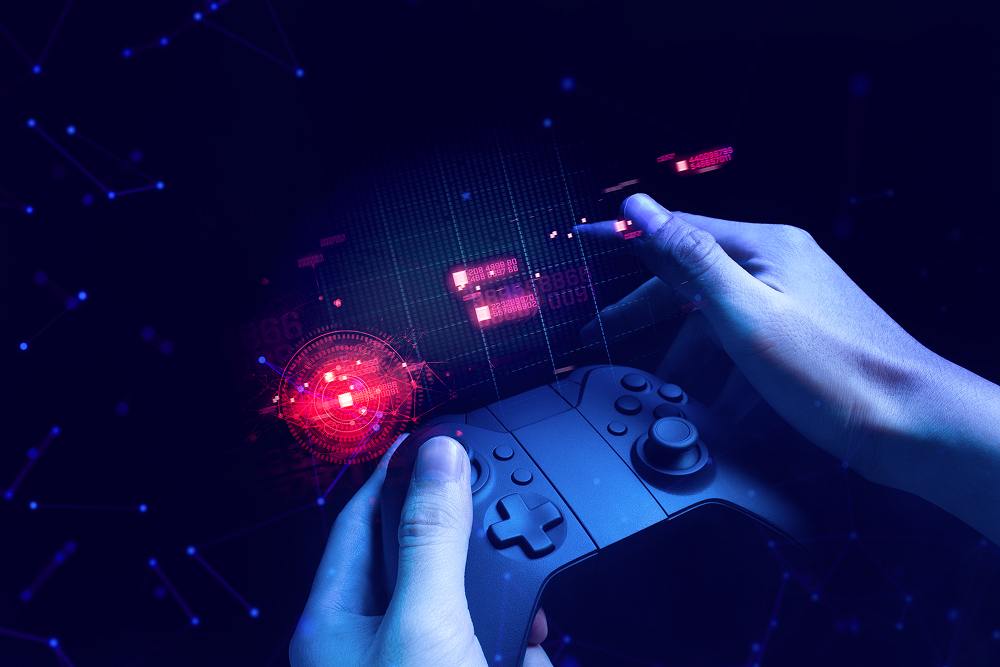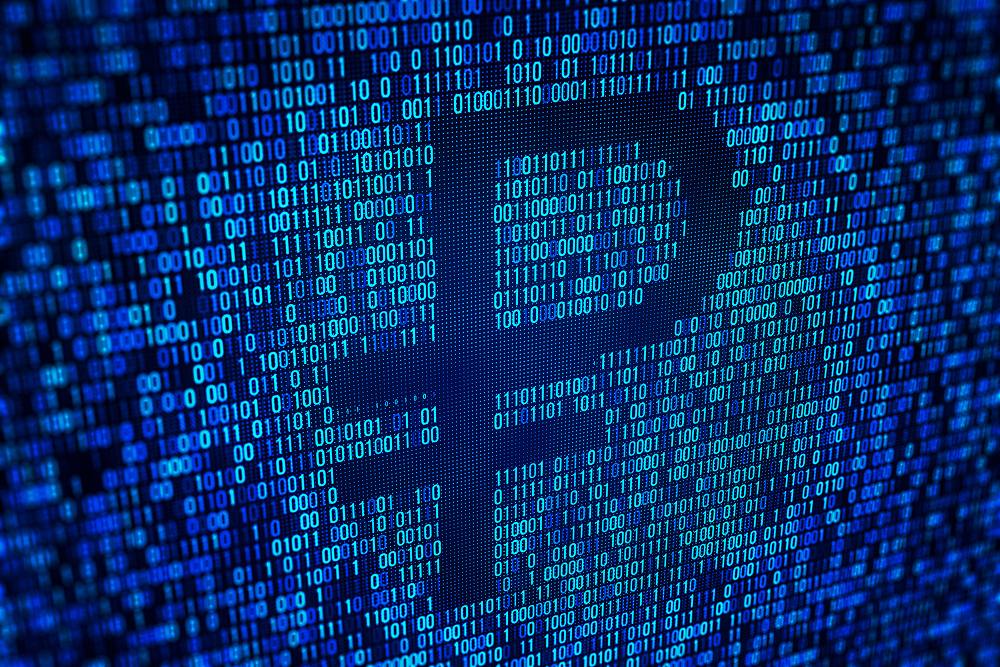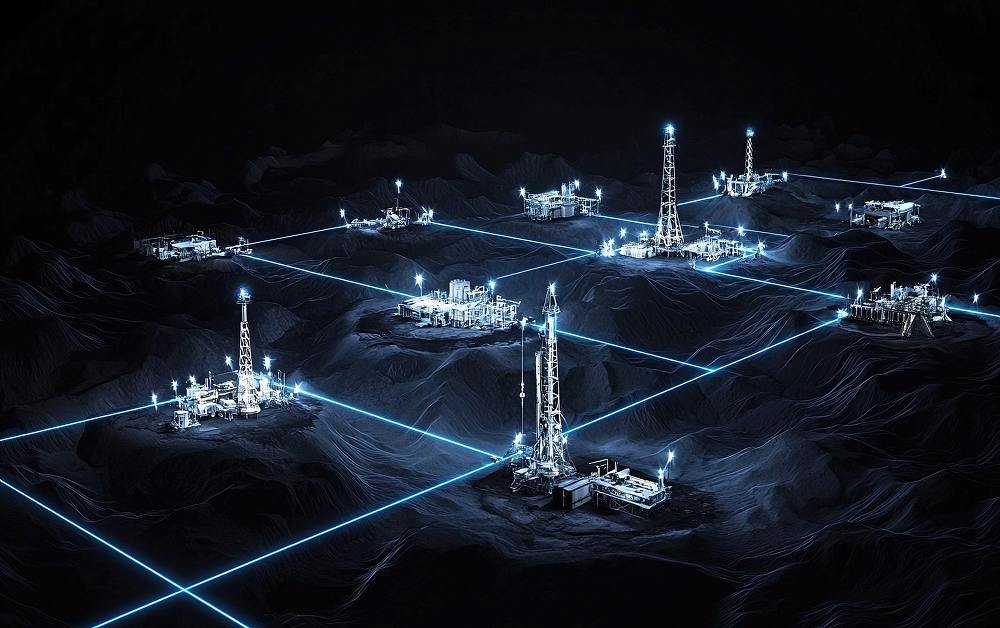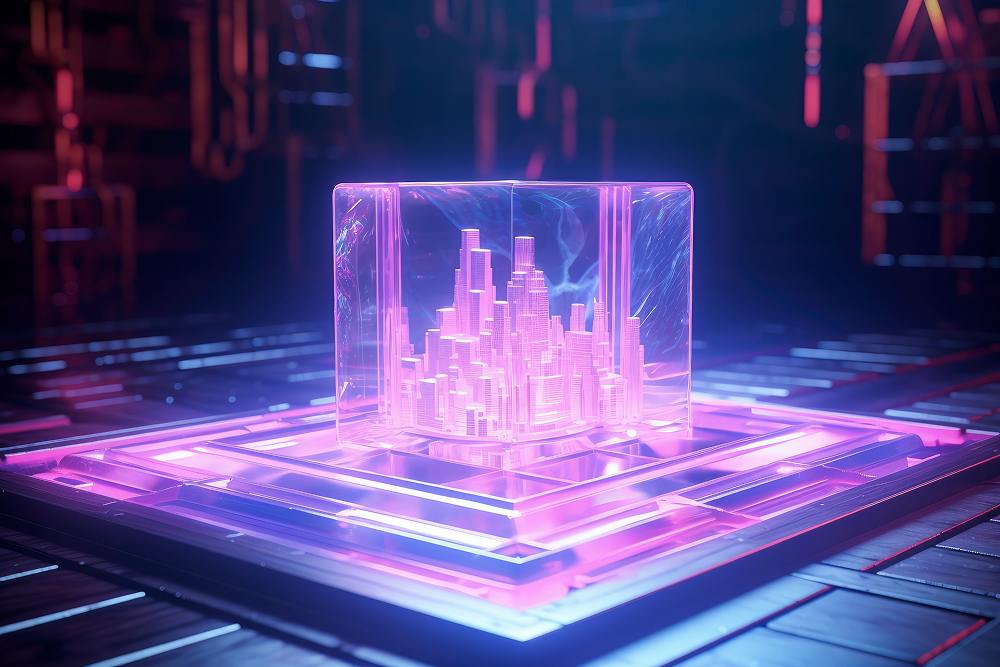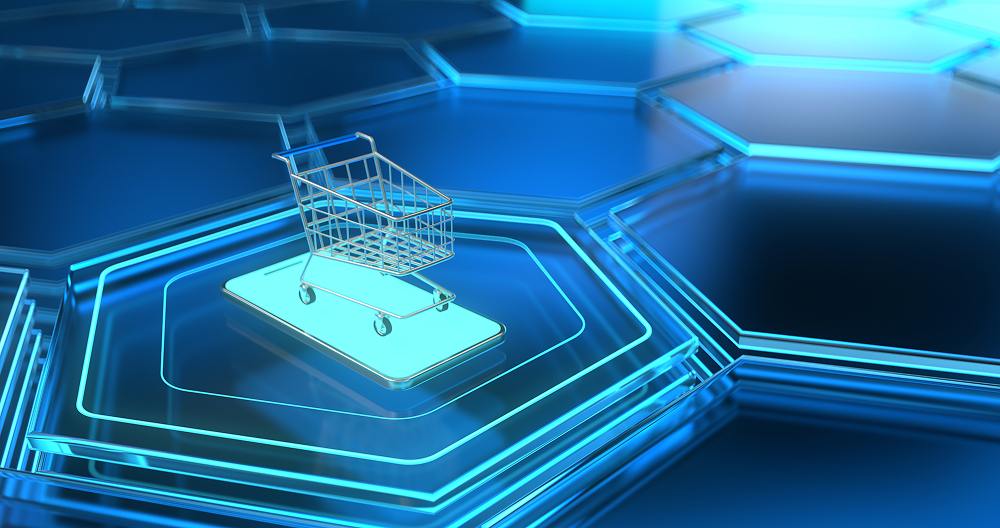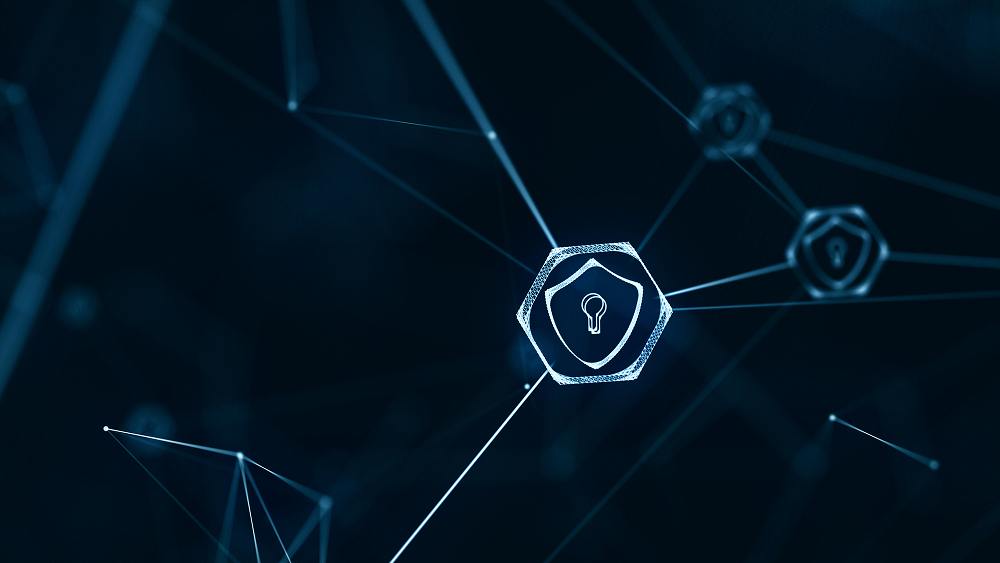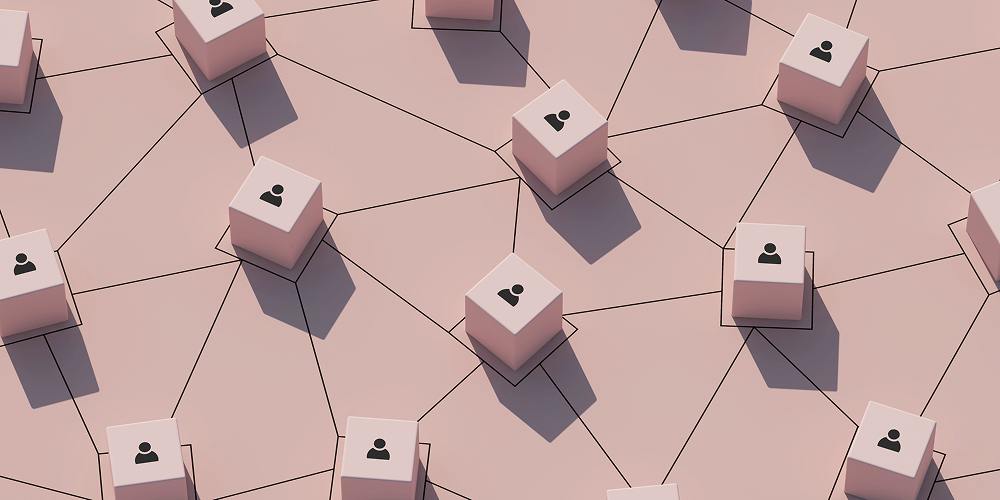
Hire Top Blockchain Software Development Experts


Our Services
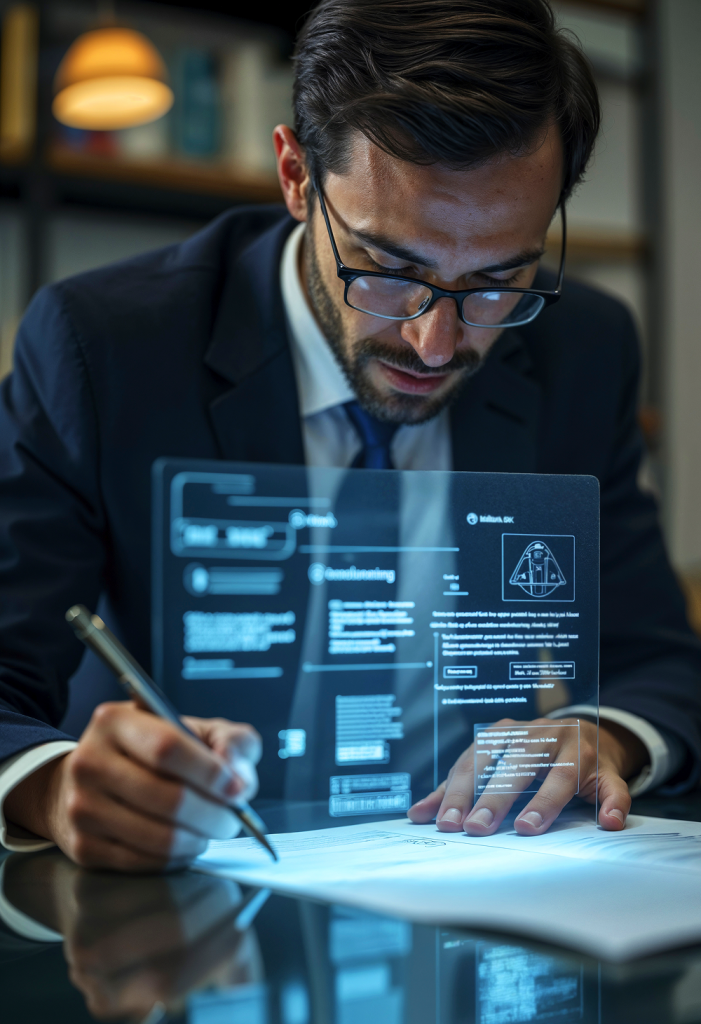
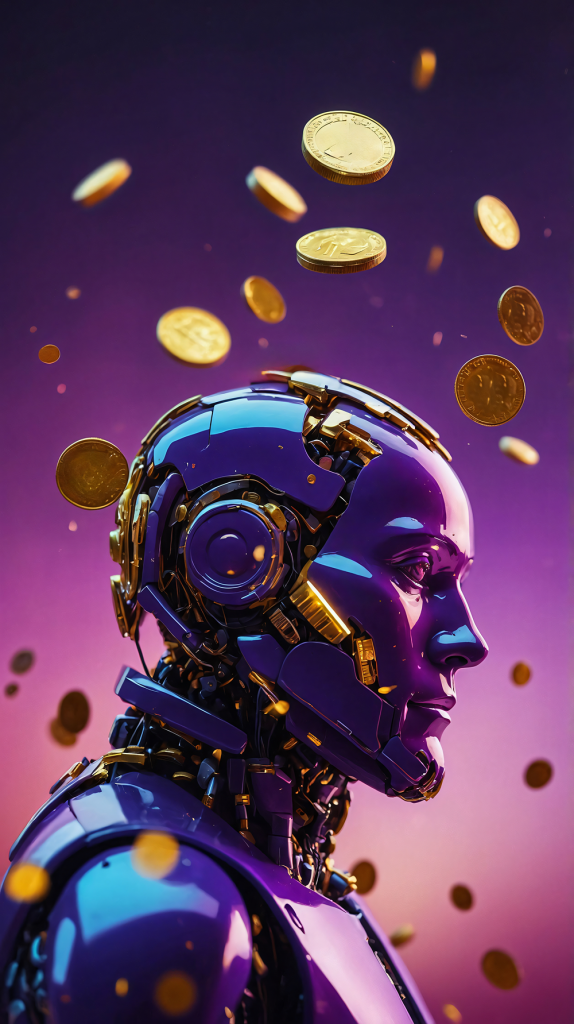
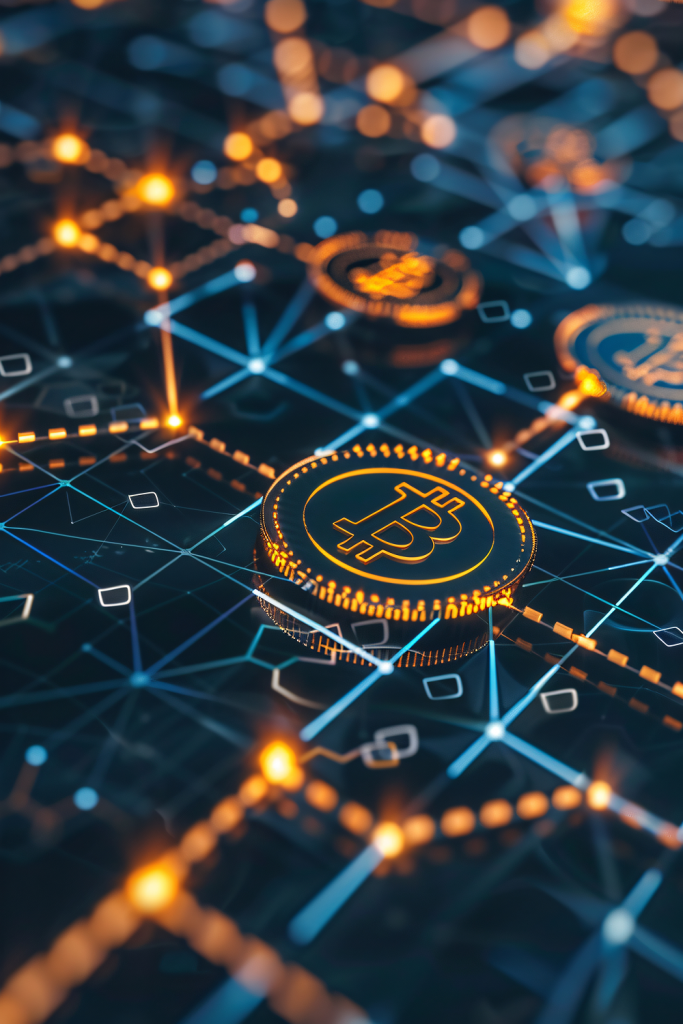
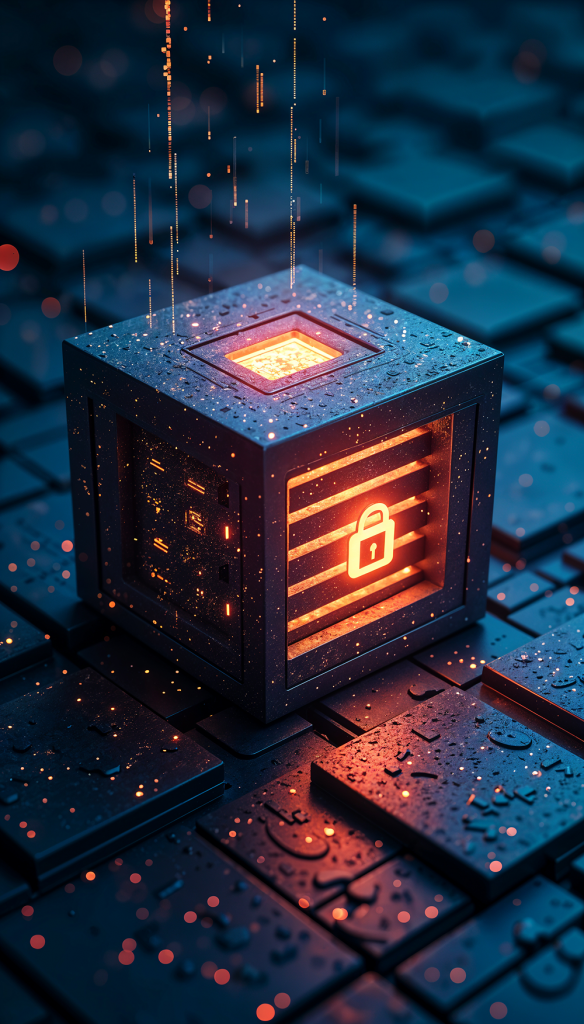

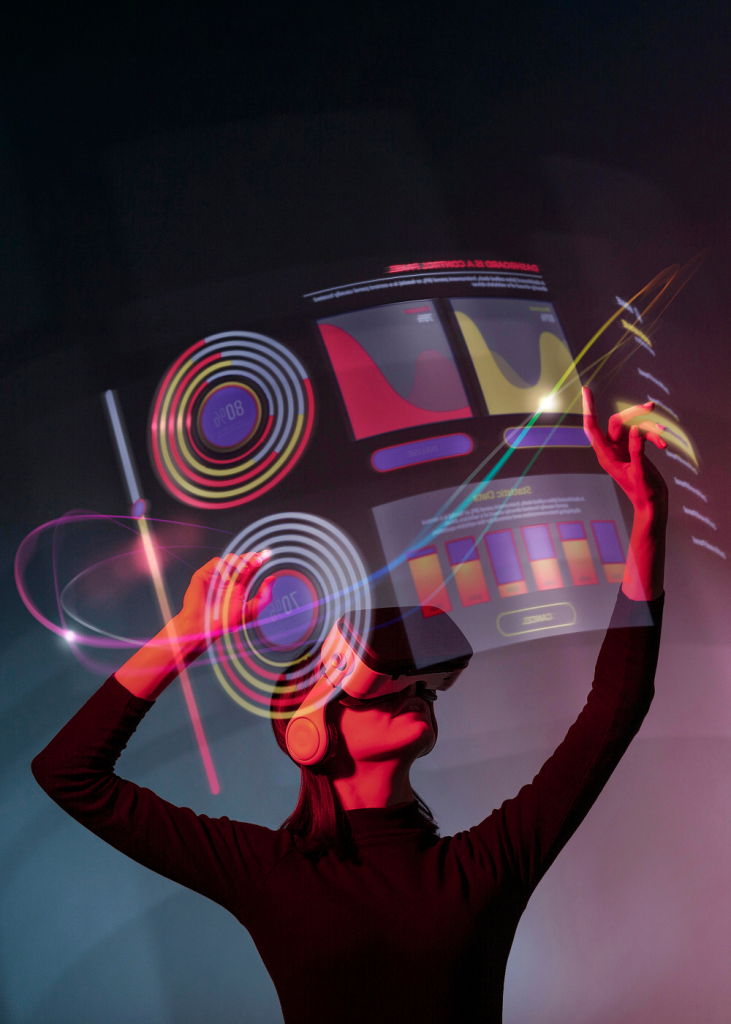
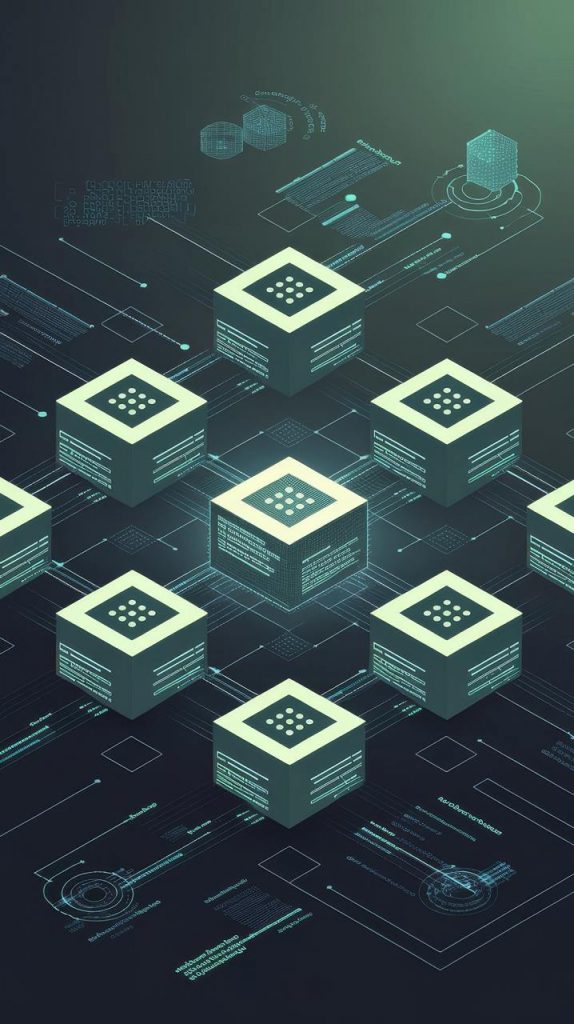
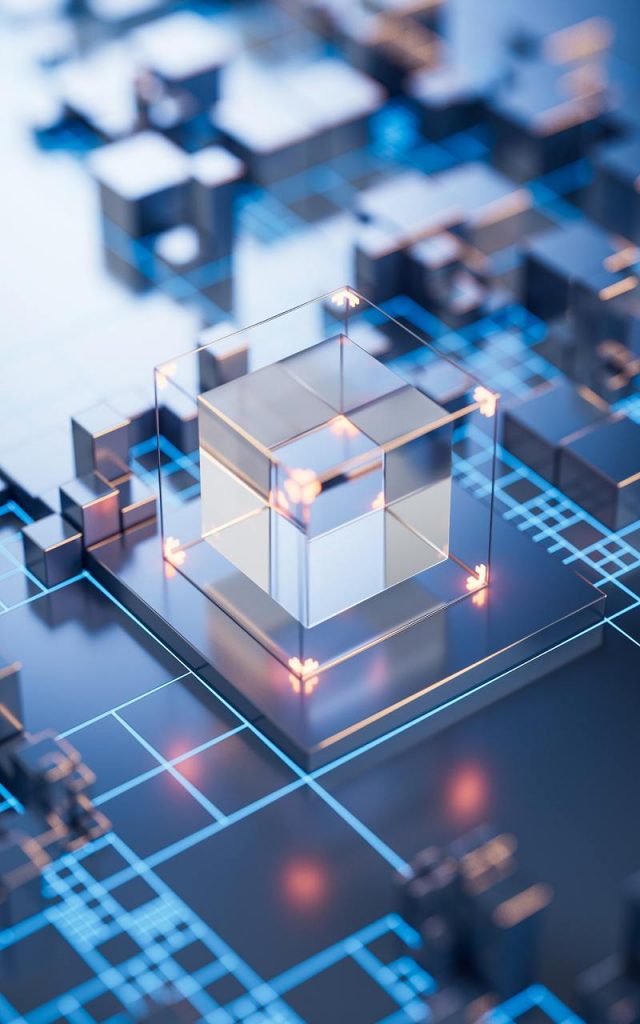
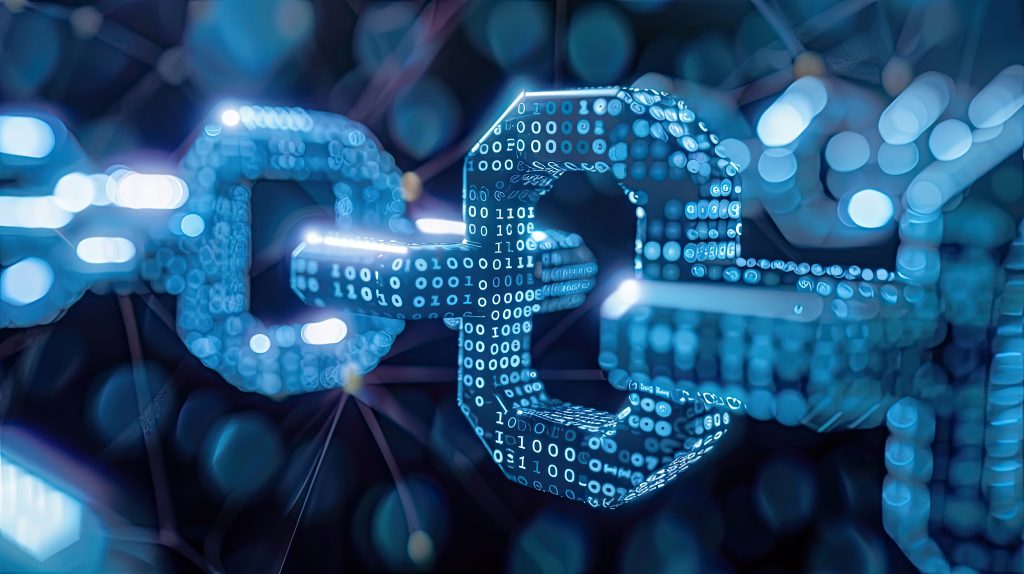
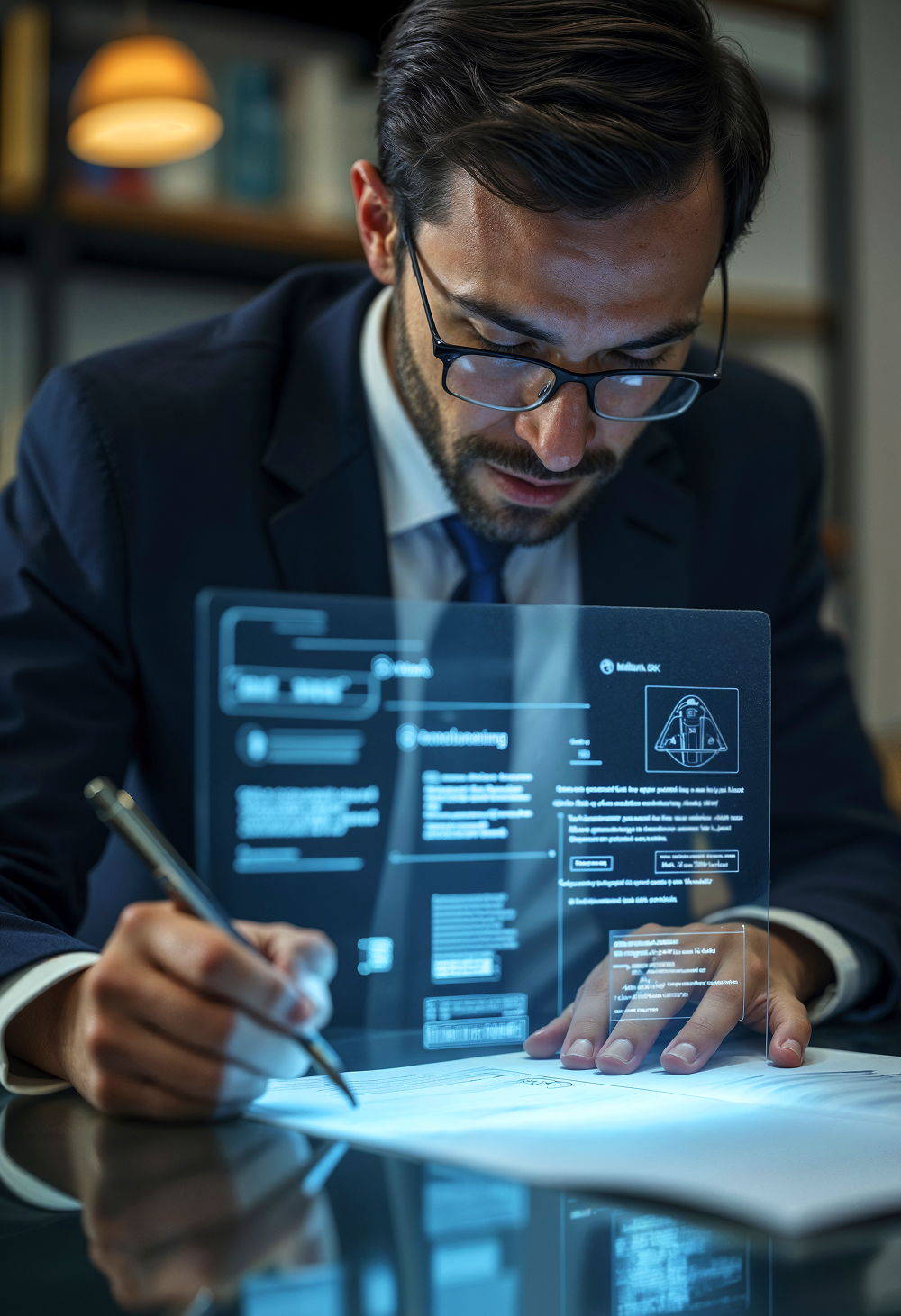
Achievements
of experience in blockchain development
blockchain developers
developers in the team
blockchain projects
developed blockchain solutions
captured (project value over $1B)
Blockchain Platforms
Technology Stack
Our Process
FAQ
Blockchain development is the process of building apps and systems that run on blockchain networks instead of traditional kinds of software.
It depends on what problems you’re trying to solve. If you’re in retail and customers are getting fake products, blockchain can track every item from factory to store so people know they’re getting the real thing. If you’re in finance and tired of slow international transfers, blockchain can move money across borders in minutes instead of days. Healthcare companies use it to keep patient records secure but shareable between doctors. The key is finding where blockchain actually adds value instead of just adding complexity to something that already works fine.
An NFT marketplace is like eBay for digital stuff you can actually own. Instead of buying physical items, you’re buying unique digital assets. You can buy digital art, music, trading cards, or even virtual land in games. The blockchain proves you really own that digital item, not just a copy of it. Artists and creators can sell their works with blockchain technology. Buyers get something unique they can resell later if it becomes more valuable. It’s basically turned digital art into a collectible market.
A dApp is an app that doesn’t rely on any single company’s servers. dApps run on blockchain networks spread across thousands of computers, so they’re basically unstoppable. Think of decentralized versions of Twitter, Uber, or banking apps. The downside is they’re often slower and more expensive to use than regular apps, but they give users way more control over their data and can’t be censored easily.
Simple projects might run $50K-$100K, but more difficult for development business applications cost $200K-$500K or more. The complexity of what you want to build is the biggest factor. A basic token creation is cheap, but a full DeFi platform with trading, lending, and governance features will cost serious money. The blockchain platform matters too – building on Ethereum costs more than newer alternatives. Most of the cost goes to experienced developers who actually understand this stuff, because regular web developers can’t just jump into blockchain overnight.
Start by figuring out if you actually need it. Blockchain is not a miracle. Everything is based on modern technologies and different ways to store and process data. If security, transparency, or removing middlemen is important for your company, blockchain is a must for you. If you just want a faster app or better user interface, regular technology is probably better and cheaper. Once you’re sure blockchain makes sense, pick a solution that fits your budget and technical needs. Then find developers who’ve built similar projects before, because there are a lot of ways to mess this up if you don’t know what you’re doing.


